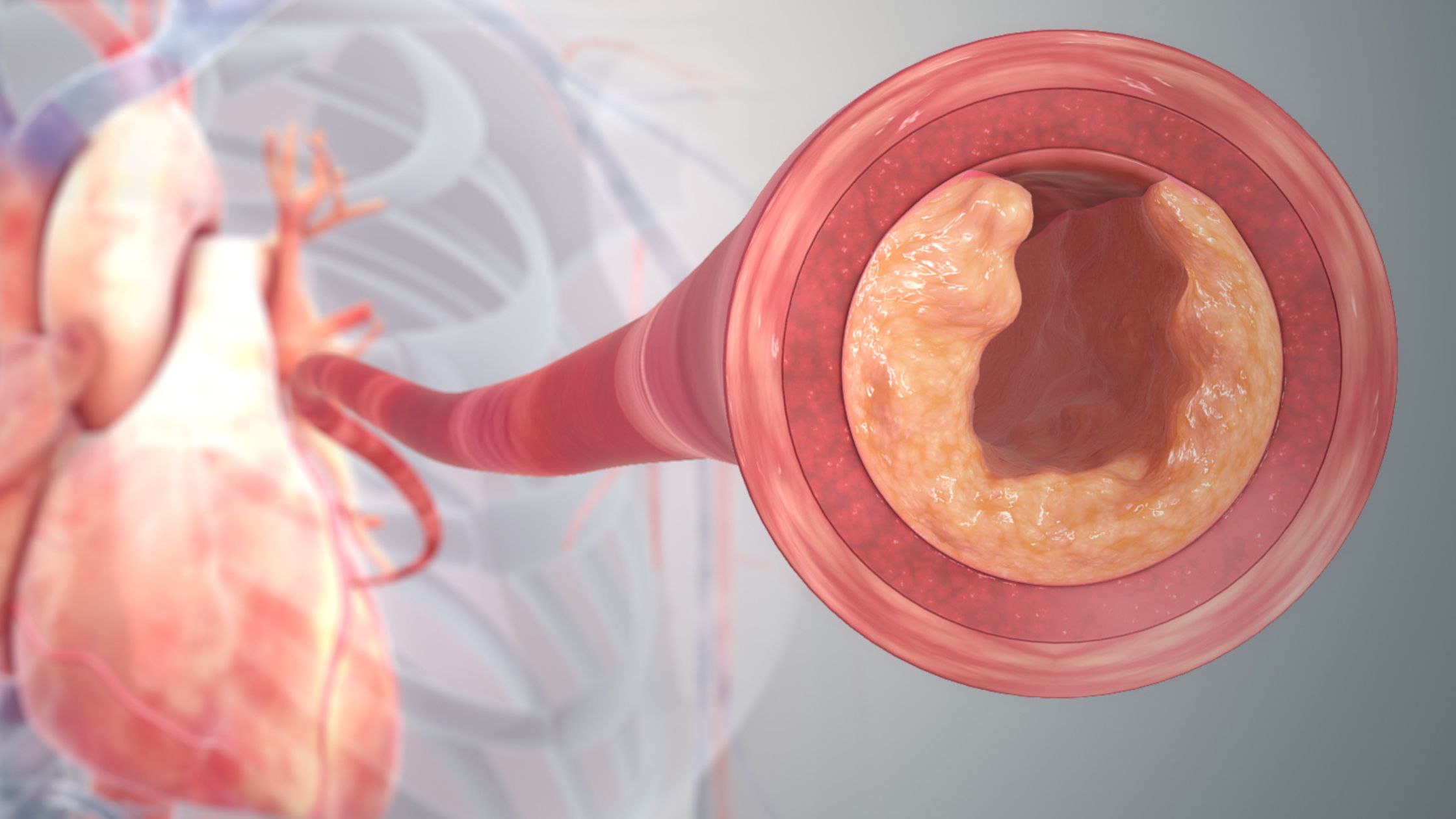The Warning Signs Of Clogged Arteries

Clogged arteries, known as atherosclerosis, pose serious health risks if left unchecked. The buildup of plaque in the arteries can lead to life-threatening complications like heart attacks and strokes.
Clogged arteries occur when fatty deposits, cholesterol, and other substances accumulate on the artery walls, narrowing them and restricting blood flow. This condition can develop slowly over many years, often going unnoticed until it becomes severe. You might wonder, “How do I know if my arteries are clogged?” Well, here are some key symptoms to watch for.
Chest Pain and Discomfort
One of the most common signs of clogged arteries is chest pain or discomfort, also known as angina. This pain typically occurs when the heart muscle doesn’t get enough oxygen-rich blood. It can feel like pressure, squeezing, or a sense of fullness in the chest. Sometimes, the pain can radiate to the shoulders, arms, neck, jaw, or back. You see, if you experience these symptoms, especially during physical activity or stress, it’s crucial to seek medical attention.
Shortness of Breath
If you find yourself struggling to catch your breath, even during light activities, this could be a red flag. Shortness of breath can occur because clogged arteries limit the amount of oxygen-rich blood reaching your heart and other parts of your body. Often, I think about how easy it is to dismiss this symptom as a sign of aging or being out of shape, but it’s better to be safe and get it checked out.
Fatigue: Feeling Tired All the Time
Feeling constantly fatigued can be another warning sign of clogged arteries. When your heart has to work harder to pump blood through narrowed arteries, it can leave you feeling unusually tired. You might notice that you tire easily after simple tasks that wouldn’t have worn you out before. Believe it or not, this persistent fatigue is your body’s way of signaling that something isn’t right.
Numbness or Weakness
Clogged arteries can also affect blood flow to your limbs, leading to numbness or weakness in your arms or legs. If you experience a sudden, unexplained sensation of weakness or tingling, it’s worth paying attention to. For instance, if you feel like your arm or leg has “fallen asleep” more frequently, it could be a sign of reduced blood flow due to plaque buildup.
Dizziness and Lightheadedness
Dizziness and lightheadedness can also indicate clogged arteries. When your brain doesn’t receive enough oxygen-rich blood, it can leave you feeling off balance. Sometimes, this symptom is accompanied by nausea or a sense of disorientation. These sensations can be alarming, and they shouldn’t be ignored, especially if they occur frequently. Call your doctor.
Sweating
Excessive sweating, particularly cold sweats, can be a lesser-known symptom of clogged arteries. This can occur without any apparent reason and might be accompanied by other symptoms like chest pain or shortness of breath. It’s clear to me that sweating, especially when it’s not linked to physical activity or heat, should be taken seriously.
Erectile Dysfunction: A Sign Men Shouldn’t Ignore
Men, in particular, should be aware that erectile dysfunction (ED) can be an early warning sign of clogged arteries. Reduced blood flow to the penis can signal broader issues with your vascular system. If you’re experiencing ED, it’s important to consider it as a potential symptom of cardiovascular problems and discuss it with your doctor.
What to Do If You Notice These Symptoms
If you recognize any of these symptoms, it’s crucial to talk to your physician as soon as possible. Earlier detection and intervention can significantly reduce your likelihood of severe complications. Treatments for clogged arteries can include lifestyle changes, medications, and in some cases, surgical procedures. But here’s the thing, taking proactive steps to manage your health can lead to better outcomes and a higher quality of life.
Steps You Can Take to Prevent Clogged Arteries
Preventing clogged arteries involves adopting a heart-healthy lifestyle. Here are some practical tips you can follow:
Eat a Healthy Diet
Focus on a balanced diet rich in fruits, vegetables, whole grains, and lean proteins. Reduce your intake of saturated fats, trans fats, and cholesterol. By the way, incorporating heart-healthy fats, like those found in fish, nuts, and olive oil, can make a big difference.
Stay Active
Regular physical activity helps keep your arteries clear and improves overall cardiovascular health. Aim for at least 30 minutes of moderate exercise most days of the week. Whether it’s walking, cycling, or dancing, find an activity you enjoy and stick with it.
Maintain a Healthy Weight
Excess weight can contribute to plaque buildup in your arteries. By maintaining a healthy weight, you reduce your risk of developing cardiovascular problems. You can achieve this through a combination of healthy eating and regular exercise.
Don’t Smoke
Smoking is a major risk factor for atherosclerosis. If you smoke, seek support to quit. Your heart will thank you for it, and you’ll reduce your risk of clogged arteries and other serious health issues.
Manage Stress
Chronic stress can take a toll on your heart health. Practice stress-reducing techniques like mindfulness, meditation, or yoga. Finding ways to relax and unwind can have a positive impact on your cardiovascular system.
Regular Check-Ups
Routine check-ups with your doctor can help monitor your heart health and catch potential issues early. Discuss any symptoms or concerns you have, and follow your doctor’s recommendations for maintaining a healthy heart.
In conclusion, don’t underestimate the power of early detection and prevention. Clogged arteries can be managed effectively with the right approach, and you have the power to make positive changes. So, keep these warning signs in mind and take action to protect your heart.
